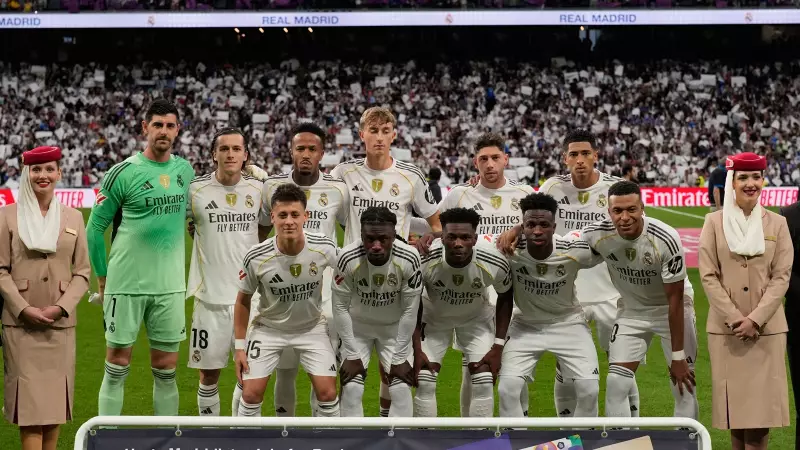
In a dramatic escalation of football's ongoing power struggle, Real Madrid has officially demanded financial compensation from UEFA in the wake of the landmark European Court of Justice ruling on the Super League case. The Spanish giants are turning the legal tables on European football's governing body in what promises to be a landmark confrontation.
The Legal Offensive Begins
Real Madrid, one of the founding clubs of the controversial Super League project, has formally initiated proceedings seeking monetary damages from UEFA. This move comes directly following the ECJ's ruling that UEFA and FIFA had violated EU competition law by blocking the formation of the breakaway league and threatening sanctions against participating clubs.
Breaking Down the Compensation Claim
The compensation demand represents a strategic shift from defense to offense in Real Madrid's legal strategy. While the specific amount being sought remains confidential, legal experts suggest the claim could run into millions of euros, covering:
- Legal expenses incurred during the prolonged dispute
- Potential revenue losses from the blocked competition
- Damages for alleged abuse of dominant position by UEFA
UEFA's Response and Next Steps
European football's governing body now faces mounting pressure as it must respond to Real Madrid's formal compensation request. Legal observers note that this development could set a precedent for other clubs who initially withdrew from the Super League under pressure from UEFA.
The Bigger Picture: Football's Future at Stake
This compensation claim represents more than just a financial dispute—it's a battle for control over European football's structure and governance. The outcome could reshape how football competitions are organized and who holds the power to create new tournaments.
As the legal drama unfolds, the football world watches closely, understanding that the resolution of this case could fundamentally alter the balance of power between clubs and governing bodies for generations to come.




